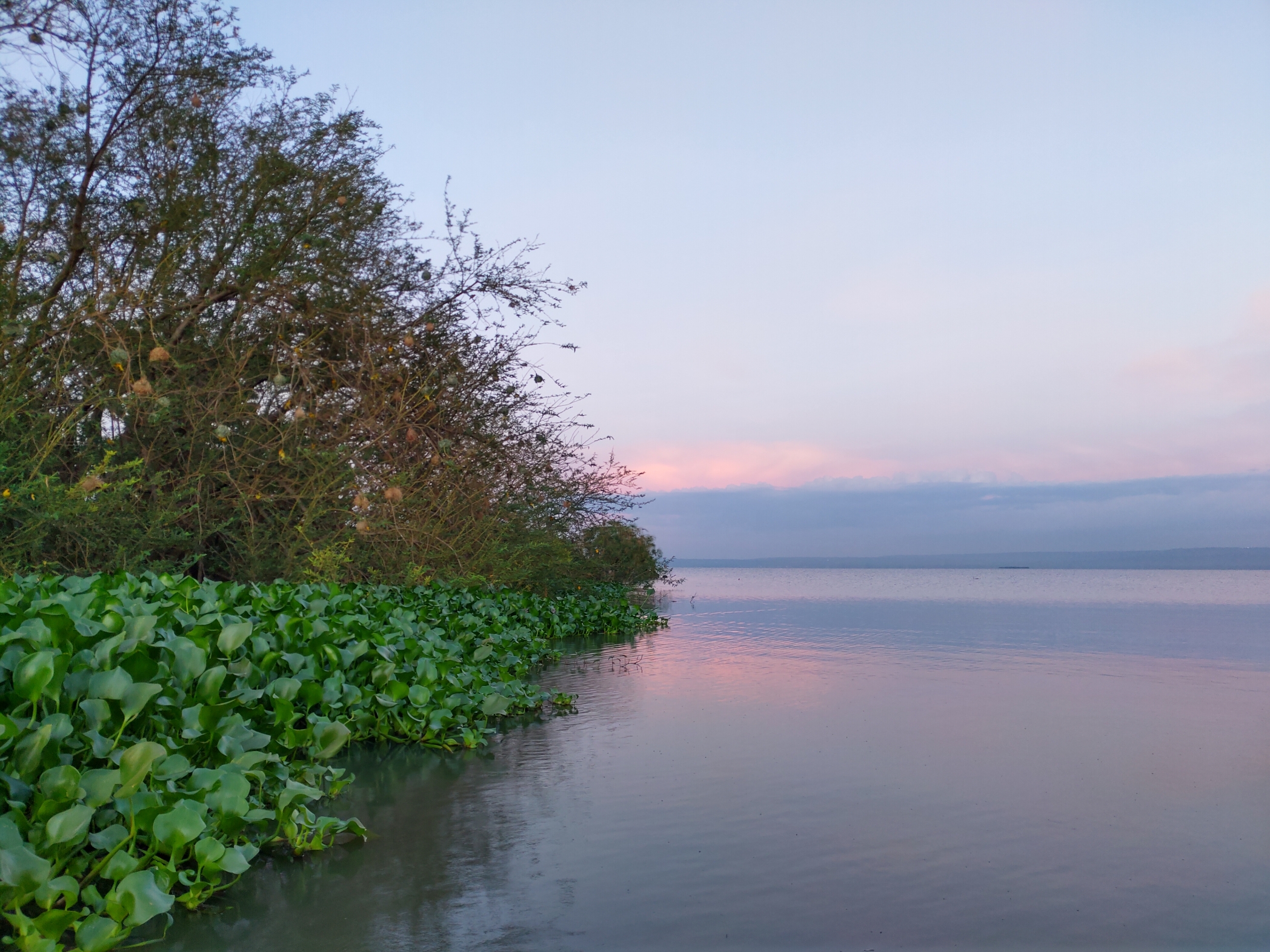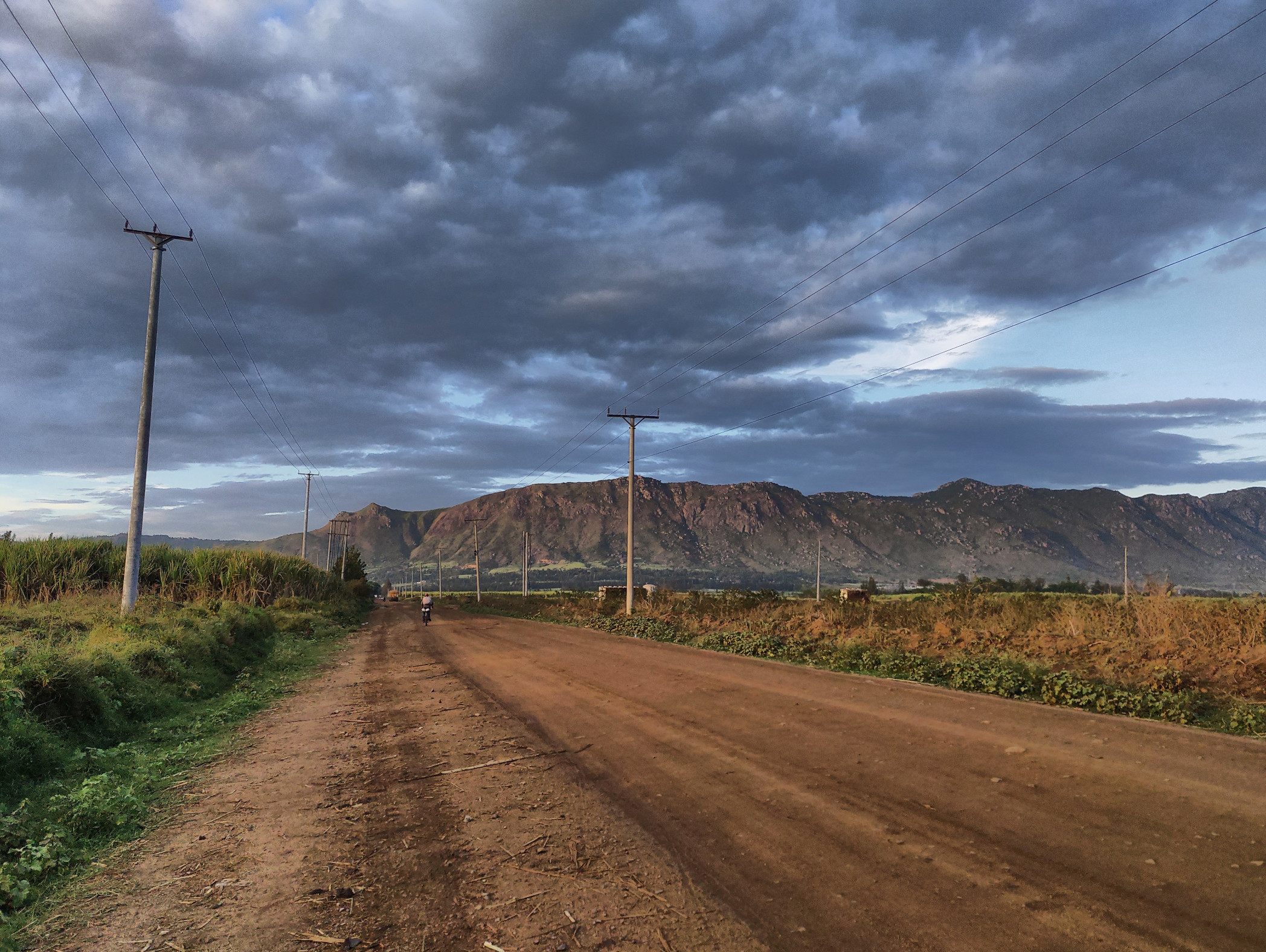Travelling while brown: Mexico visa edition
Wondering how to apply for a temporary resident visa to Mexico as a person of colour in a “third world country” (Kenya) as a citizen of a different third world country (India)? Buckle up! This guide will lay out the dos and donts, with detailed instructions on how best to avoid rejection. Failing that, it will remind you your place in the world.
Shed your self-respect
This is the most important step in this (and any) visa application process. Find a small cardboard box (A dirty shoebox will do) and place your self-respect and expectations of civility and equality in it. If it’s been a while since your last visa application, your self-respect may have regrown and it may be hard to fit it in the box. You can reclaim your self-respect from the box when the visa process is done, but it’s best if you just throw away the box.
Read the visa rules carefully
Go to the consulate website and read the visa page. Take care to note the requirements for your type of visa. In case of the temporary resident visa, the consulate requires
- Proof of residency in the country you’re applying from
- Bank account statements for the last six months
Double-check with the consulate
Just to be sure you don’t get your hopes up of getting a visa after reviewing the website, contact the consulate, stating the visa you’re interested in and confirming the documents you plan to apply with. This will almost certainly be met with an automated reply linking you to the very website you got all the information from but if you’re lucky, you might get a passive-aggressive response from a human linking you to the website instead! 😍
This is a good reminder to temper your expectations and practise stoicism - remember, nothing in this world is for sure, not least the possibility of your getting a visa despite meeting all the requirements.
You want privacy? What are you, a terrorist?!
Take a stab in the dark, and send an email to the consulate with all your documents and ask if they’re in order. You may not know who (or how many people) have access to the email, but it doesn’t matter - people who have nothing to hide don’t expect their bank statements and the personal transactions they contain to be private. Privacy is for other people who distinctly don’t look like you.
Expect the unexpected
You didn’t think that the requirements you saw on the website would be everything, did you? No, of course not. You know better than that - There are always hidden requirements! It would be no fun if consulates listed out all of them on their websites or responded to your emails/phone calls with the real list of requirements.
I followed the requirements on the website and emailed the consulate a bank statement for the last six months, generated by the online statement generation tool of my international bank (Standard Chartered) only to be told that I need to submit a statement for the last twelve months. Surprise!
What if you switched banks eight months ago and cannot obtain a bank statement from your previous bank? No problem, the consulate has you covered - Just submit a letter from your employer instead, as well as your payslips for the last six months. Just to be sure that you’re not making up an entire organization, its payroll system, contact information, and address, make sure to include the passport bio-data page of the person who signs the letter confirming that you work for the organization. Easy peasy!
Strengthen your bond with your boss
You may not have read this in your run-of-the-mill “How to be a manager” book, but the true sign of a healthy relationship with your manager is having a copy of their passport bio-data page! After all, nothing says “I trust you” than sharing personal IDs with your reports.
I reached out to my boss and explained my predicament and how I was running out of time before some upcoming travel plans that would take me out of Kenya, and in the course of a day, she shared a signed letter with the organization letterhead stating my job role and tenure at the org, as well as my salary and her passport details. She also included a photo of passport bio-data page! In unrelated news, my current role at Maisha Meds has been the longest of my career.
Embrace radical candour
Think you’re an open book? Consulates have a new free service to aid you in your journey towards simple, transparent living - Doxxing your salary!
Remember that signed letter from my boss, with the organization letterhead? It contained an email. A public-facing email address that we share with external parties, which forwards all emails to five people across the org. See where I’m going with this?
To make sure that I did not make up an organization, payslips from the org, a signed letter from my boss and a photo of her passport, the consulate decided to contact that public email address. It included my payslips for the last six months in the very first email and asked for verification.
Understandable, really. You can never be too sure of the legitimacy of documents these days.
Encryption, you say? Stamps and signatures on paper are the true sign of security
Speaking of legitimate documents, don’t forget to get your bank statements and your payslips doodled on beautified bedazzled certified by professionals - bank managers and your org’s finance team respectively. Everyone knows that even a truly hardened criminal who has found a way to forge the bio-data page of a passport and set up a fake organization website and Google Workspace to intercept emails sent to its public-facing email address to confirm the legitimacy of their payslips cannot crack the certification rubberstamps of a bank.
To the consulate’s credit, it always referred to “certified bank statements” and “certified payslips”, but I did not pick up on that until it was explicitly flagged, in the seventh round of correspondence with the consulate. No problem though, all it took was a visit to a bank branch and reaching out to my very accommodating mostly-remote colleague who, recognizing the limited time I had to get a visa before my travel, invited me to drop by their house with printouts of my payslips so they could quickly sign the documents. Download a scanner app, take photos of a lot of pages adorned with signatures and stamps and voilà, certification complete!
Practise patience
So you’ve submitted all your documents, and the consulate has finally confirmed that they’re all in order, but there has been radio silence since then. Time for another reminder that the only thing you can control in this world is your mind (and some of us need medication to have some semblance of control). Never mind that it has been more than a month since you established contact with the consulate. Or that you only have two weeks before your travel plans that will keep you out of the country for a month.
Don’t even think about emailing the consulate informing them that you don’t live in Nairobi, the city the consulate is located in, and that you would appreciate their accommodating a visa appointment before your upcoming travel plans. Not unless you want a generic response with a link and a quote from the website stating that the processing of documents can take up to 10 days from the submission of all documents. This time, the word on the website is the law.
Know your priorities
What would you do if a consulate emails you at 1pm informing you that your appointment had been scheduled for 9am the following day? If you answered, “I’d emphatically accept and show up the next day, because I’d put the rest of my life on hold for the visa appointment anyway”, you are clearly a person who has accepted your place in the world. I had not, especially as I had already travelled to Rwanda at the time, so I replied that “9am tomorrow would not work for me” and requested an appointment at the end of March, when I expected to be in Nairobi for a few days.
Are we sure that samsara is not about obtaining a visa?
Maybe Lumbini had restrictive visa policies?
After following up a second time, the consulate wrote back to inform me that my visa appointment had been scheduled for the first week of April. You’d think seeking an appointment a full 25+ days in advance for the end of March would ensure that appointments were still open and you’d be able to get the date that works best for you (hard to imagine a clamour among folks in Kenya to travel to Mexico), but it is not your allotment in life to question the decisions beyond your control. Well, maybe sometimes it is, as I did, asking if the consulate could accommodate my preference for end of March. It worked - I was informed that my appointment had been set for the date I requested.
Was it that simple, you ask? No, of course not. The consulate informed me that because my visa appointment would be a full month after the date it had initially set for me, I would need to submit fresh bank statements and payslips. All certified of course.
Will this ever end?
We’re getting there, I promise. Long story short, I made it to my appointment with freshly signed and stamped payslips and bank statements, passport copies, signed letter from my employer (needed a new one, just in case I’d been fired in the month since I’d last emailed the consulate), visa application form, passport photos in a specific dimension (which weren’t needed in the end because a digital photo was taken at the consulate instead).
After two in-person visits to the consulate and additional documents to prove my “economic solvency”, I finally got a shiny temporary resident visa sticker in my passport!
I hope I’ve demonstrated how easy it is to apply for this visa! All it takes is a little bit of patience.



